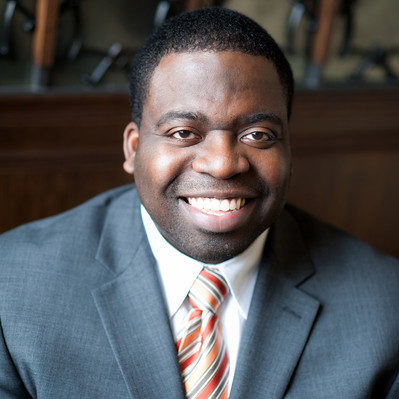Here’s Curt Schilling on his video game company 38 Studios in happier times:
Curt Schilling, March 2012, on Hannity: touting his Job creativeness.
Some choice quotes:
“…government gone right…”
“…And as someone — now spent five years in a private sector with my own capital my own skin in the game.
I understand at over at a much.– fundamental level.
How our economy works and doesn’t work in in and so every every dollar — income that I have that is potentially taxed away.
It is a dollar can put in my company to create jobs — my my my entire companies around job in the regional lender then you hire a gladly be — right I yeah absolutely I mean and these are high wage jobs…” – Curt Schilling, Former Small Business Owner
Come to find out some small business owners quite often don’t know sh*t about their business:
38 Studios relocated to Rhode Island in 2010 in exchange for $75 million in guaranteed loans, and, earlier this year, put out its first game, “Kingdoms of Amalur: Reckoning,” to positive reviews. But things fell apart after the company missed a $1.1 million payment to the state on May 1. The payment was eventually made, but the company was then unable to meet payroll, and Schilling asked the state for more money. Gov. Lincoln Chafee came out publicly against the idea, saying at a press conference that “there’s no more easy money,” and that 38 Studios should seek private money to stay in business. On May 24, 38 Studios laid off all its employees.
Actually most don’t. Here are the failure rates for small business in years 1 through ten:
- 85
- 70
- 62
- 55
- 50
- 47
- 44
- 41
- 38
- 35
Schilling went out of business. He’s not an idiot or dumb for going out of business. Most small business owners fail early. He may have made the mistake of borrowing too much from the government, but that’s on him and Rhodes Island!
In addition here’s the thing about a lot of those small businesses that succeed, they may not be in it to maximize profits:
What economic theory says is that workers maximize utility and therefore employers who want to get workers to do something that’s unusually dangerous or unusually unpleasant will have to pay a premium. A small business operator is in the same situation. She’s balancing income against other lifestyle factors, including the hours put in on the job, the pleasantness of the work, the sense of self-esteem that comes from having something to do, possibly a sentimental attachment to a particular location or certain employees. What economic theory says is that a profit maximizing small business person has to be someone with a very unusual utility function.
Where profit maximization enters into the picture is precisely with the widely held large business.
So can we stop pretending that every time we talk about business, every small business owners opinion is supreme?
